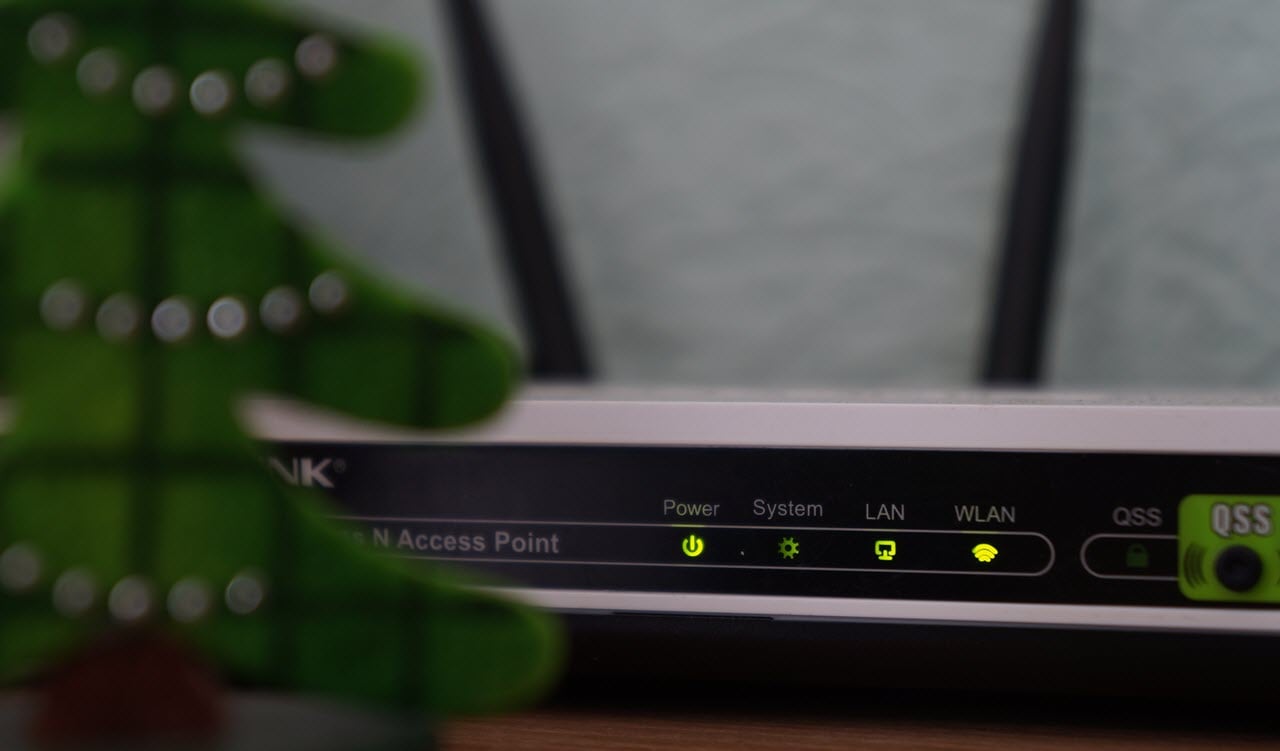Worldcoin, a project aimed at distinguishing humans from AIs online, has rebranded itself to World. At an event held in San Francisco, co-founders Sam Altman and Alex Blania unveiled a range of product updates, including Orb’s new hardware, expanded World ID services, Deep Face fraud detection tool and ambitious plans for global expansion.
World aims to use blockchain technology to address identity verification, fraud prevention, and even financial transactions. The Orb has undergone a redesign, now sporting a sleek, pearly aesthetic and running on Nvidia’s Jetson chipset for faster and more accurate iris scanning.
Tools for Humanity, the foundation behind World, announced a unique partnership with Rappi, a popular delivery app in Latin America. Starting next year, users in the region can order an Orb on-demand to scan their irises.
In addition, World plans to set up Orb-scanning stations in major cities like Buenos Aires and Mexico City. Customers could soon find these devices at their local coffee shop, scanning irises alongside lattes.
Furthermore, the World ID service, already in use by millions worldwide, will now support hundreds of millions of users, signalling the project’s growing scale. Alongside this, World introduced a new fraud detection tool called ‘Deep Face’ aiming to verify a person’s identity during video calls across platforms like Zoom and FaceTime.

However, the company has not yet partnered with major tech companies to integrate this feature.
The company also launched its blockchain network, a critical step in moving its user base onto what Blania described as “the world’s first blockchain designed for humans.” This network forms the backbone for future services, including digital asset management and virtual communication tools.
Despite the futuristic appeal, the World’s data practices have been scrutinised. The biometric data collected by the Org is encrypted and stored locally on users’ devices, a move that the company insists ensures privacy and security. Blania acknowledged the concerns but emphasised that no data is stored centrally, and consent processes have been tightened to address earlier criticisms.
Countries like Germany, Brazil, and Kenya have raised concerns about the handling of biometric data, leading to investigations and suspension of the project, reports Wired. South Korea fined the company, while Kenya suspended its services entirely.
For now, the world’s services are free, and Tools for Humanity, backed by venture capital, is focused on building scale. However, Blania hinted that the company may eventually monetise its services through processing fees.
In the News: Automattic offers new 9-month buyout package to employees






